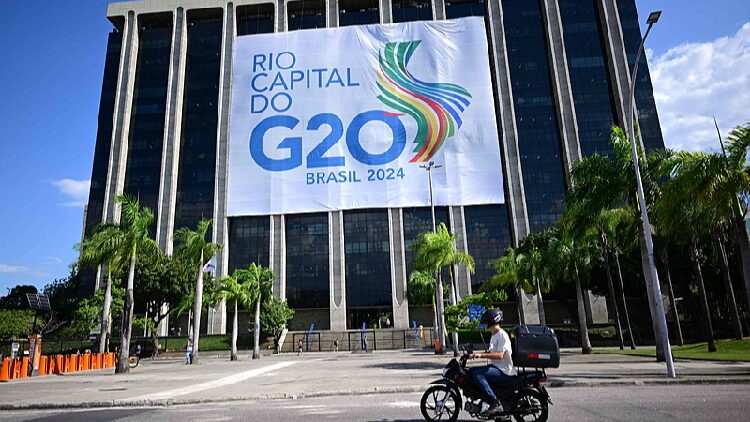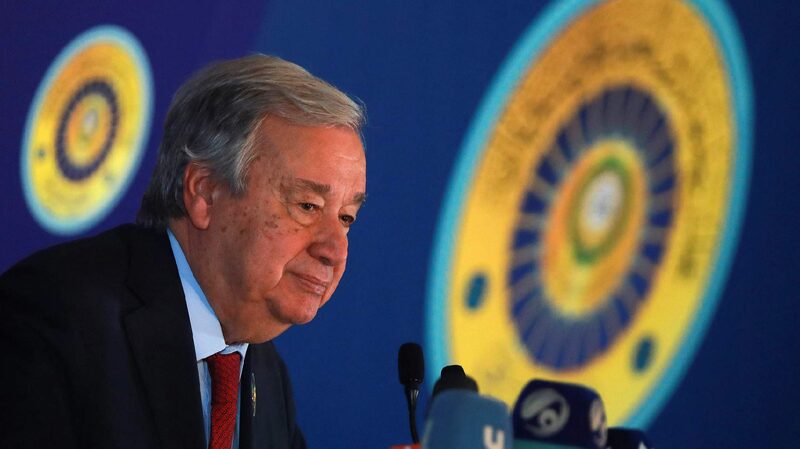The world is facing unprecedented challenges. From escalating tensions between major powers to global economic struggles and environmental crises, the need for international cooperation has never been greater.
Major power rivalries are intensifying, with regional conflicts sparking concerns around the globe. United Nations Secretary-General Antonio Guterres warned that the world is edging towards a powder keg that risks engulfing us all. Similarly, Jordan’s King Abdullah II expressed that he cannot recall a time of greater peril.
On the economic front, global growth has been sluggish. Since 2022, the global economy has consistently fallen short of its potential, with trade and investment lagging. Additionally, progress towards the United Nations Sustainable Development Goals (SDGs) is faltering. Over half of the targets are considered weak or insufficient, and progress on about 30 percent has stalled or reversed.
As these challenges mount, the Group of Twenty (G20), a pivotal platform for global governance, plays a crucial role in fostering international cooperation. Representing over 80 percent of the world’s economic output, the G20 has been instrumental in addressing economic and security issues since 2008.
However, growing tensions among major countries and the rise of populism and protectionism have made consensus more difficult. Despite these challenges, there is still room for cooperation. Countries share common concerns such as climate change, public health, and environmental protection, which offer natural avenues for collaboration.
To revitalize the G20, major powers must step up and take responsibility. History shows that the effectiveness of international mechanisms relies on the willingness of major countries to cooperate. Nations need to move beyond outdated mindsets and embrace a new era of collaboration.
China has advocated for multilateralism and peaceful development, promoting the idea of a community with a shared future for humanity. By upholding principles of extensive consultation, joint contribution, and shared benefits, China remains open to cooperation with all countries.
Focusing on practical cooperation can help expand the foundation for collaboration within the G20. By deepening engagement in areas of shared interest, countries can rebuild trust and generate positive momentum.
Brazil, as the host of this year’s G20 Summit, emphasizes fairness, equality, sustainable development, and the reform of international institutions. With strong relations across the global community, Brazil aims to bridge gaps and build consensus among member nations.
Amid uncertainties, the upcoming G20 Summit is a beacon of hope. The world is watching and anticipating meaningful outcomes that can address global challenges and pave the way for a more cooperative future.
Reference(s):
Revitalizing G20: Major powers must shed Cold War mentality for unity
cgtn.com








